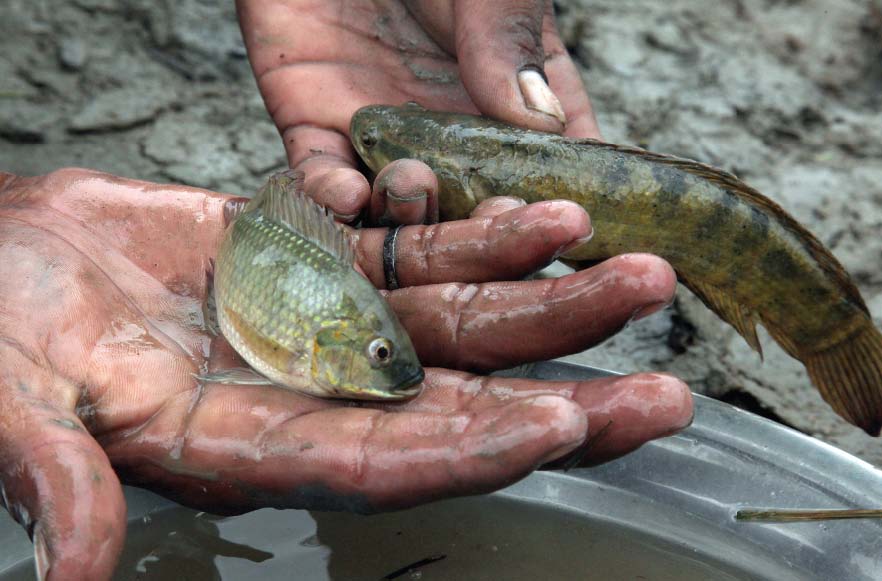
This incident highlights the inefficiencies of the provincial government and the city authorities, which need to keep industrial waste and the factories that throw this waste in check. Also responsible is the marine and fisheries department, which should have a more active role to play than merely organising seminars to ‘create awareness’ about environmental issues. The environment protection agency, too, needs to take more effective steps, such as taking to task those factories that are polluting the sea. If the factories lose their licences to work, or if there is negative publicity about them, there are chances they will be forced to become more environmentally responsible.
What makes the situation worse is that 30 tonnes of the dead fish were already picked up by people from the harbour area to be sold. If the fish are sold directly in the market, they are an obvious hazard to those who will consume them. But if these are sold to fishmeal companies, as is often the case, these dead fish will become feed for poultry and soon enough, there will be chicken in the market that will carry the same toxins as the dead fish. The government needs to step in at this moment and make sure that these 30 tonnes of fish are accounted for and disposed of properly, even if they have been sold off. If not, it should prepare itself for a ‘poultry’ crisis in the near future.
Published in The Express Tribune, August 13th, 2013.
Like Opinion & Editorial on Facebook, follow @ETOpEd on Twitter to receive all updates on all our daily pieces.
1736930668-0/Untitled-design-(97)1736930668-0-405x300.webp)
1736931444-0/BeFunky-collage-(51)1736931444-0-165x106.webp)

1736929668-0/Untitled-design-(96)1736929668-0-165x106.webp)



1732012115-0/Untitled-design-(14)1732012115-0-270x192.webp)
1736844405-0/Express-Tribune-(2)1736844405-0-270x192.webp)










COMMENTS
Comments are moderated and generally will be posted if they are on-topic and not abusive.
For more information, please see our Comments FAQ